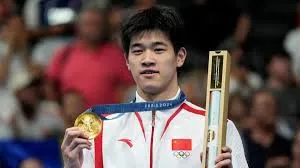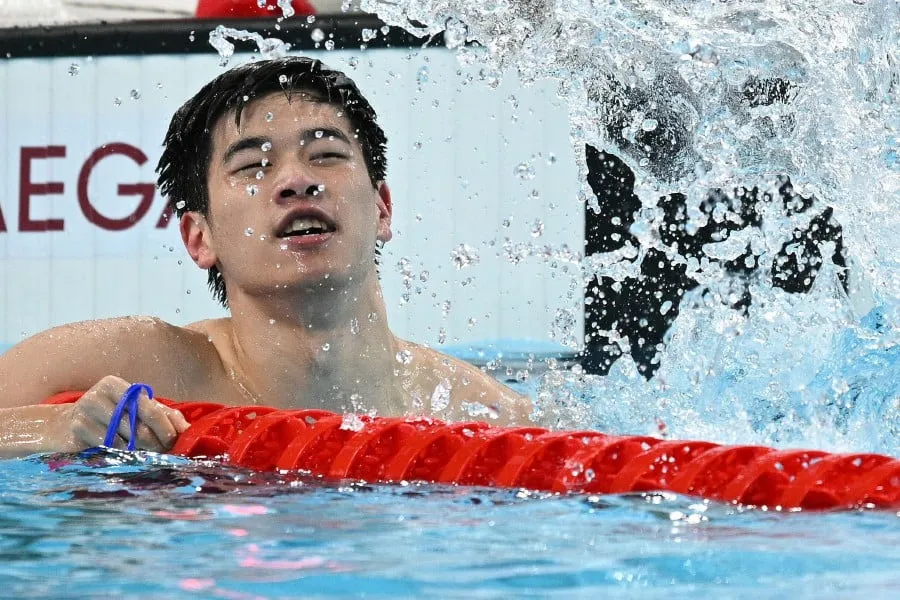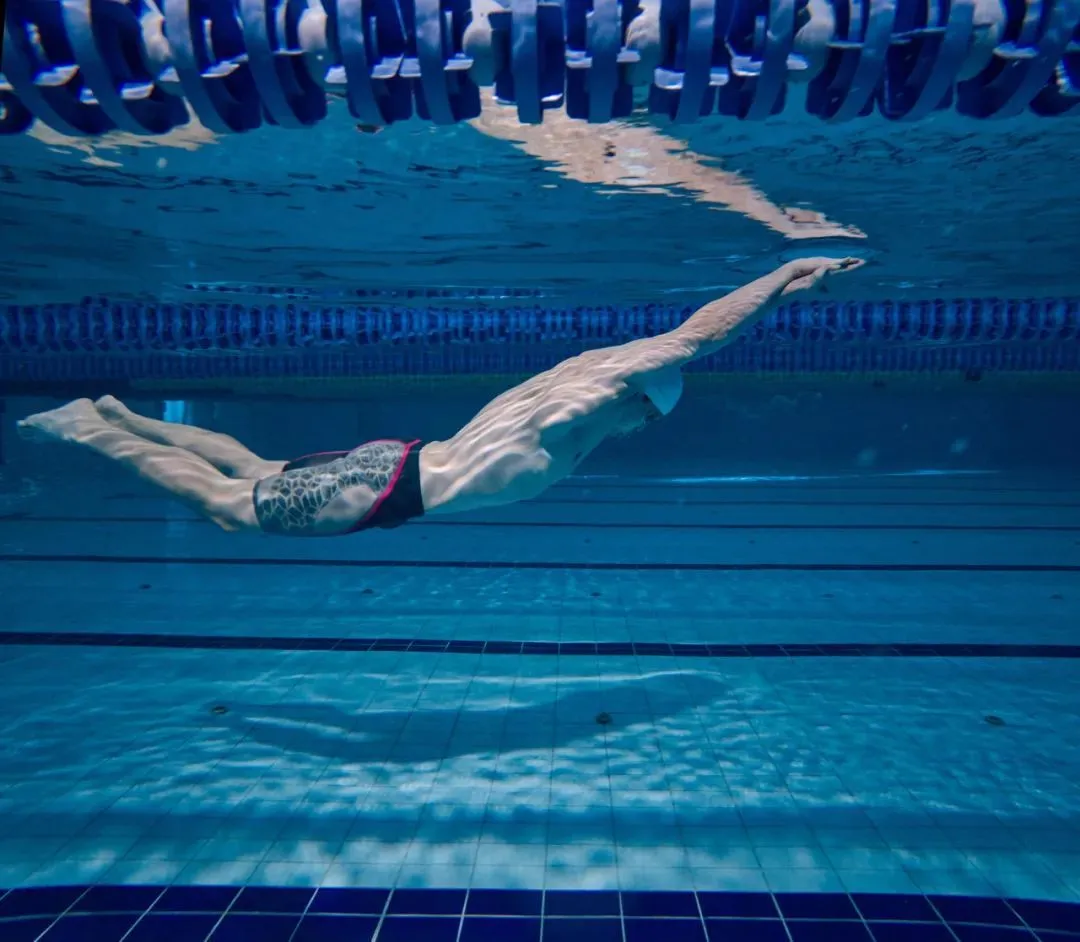
Chinese Swimmer Pan Zhanle Wins Gold in Men’s 100m Freestyle at Paris 2024 Olympics

In an exhilarating race early today, Chinese swimmer Pan Zhanle clinched the gold medal in the men’s 100m freestyle final at the Paris 2024 Olympics. Overjoyed after his victory, Pan exclaimed, “Finally took them all down! Breaking the world record in such a challenging pool!”
Why is the Paris Olympic Swimming Pool So Challenging?
The Paris Olympic swimming pool has proven to be a tough challenge for many athletes. Unlike the Tokyo Olympics, where 11 Olympic and world records were broken, the Paris Olympics has seen only six Olympic records fall, with the first world record broken just 10 hours ago. Many events have experienced a notable drop in performance.
Take the men’s 100m breaststroke as an example: Italy’s Martinenghi won with a time of 59.03 seconds, which would have only placed eighth in the Tokyo final where Britain’s Adam Peaty clocked in at 57.37 seconds.
This trend isn’t isolated to breaststroke. The men’s 200m freestyle champion finished with a time of 1:44.72, the slowest since the Sydney Olympics. In the women’s 400m freestyle, despite featuring current and former world record holders, the winning time was over two seconds slower than the world record. Katie Ledecky, who took bronze, swam over four minutes for the first time in her international career.
Chinese swimmers have also faced difficulties in Paris, initially falling short of expectations. Many athletes cited the pool’s conditions during interviews, describing it as turbulent.
Transforming La Défense Arena: From Concert Stage to Olympic Pool in 76 Days
La Défense Arena, the main venue for the Paris Olympic swimming events, is one of Europe’s largest indoor sports arenas. Initially built without a pool, it transformed from a concert stage for Taylor Swift into an Olympic swimming pool in just 76 days.
Starting on May 20th, the conversion required 20 truckloads of materials and 36 days to complete. Emphasizing the Paris Olympics’ commitment to frugality, the pool reused components from the 2012 London Olympic pool and incorporated recycled plastic for the pool walls. After the Paralympics, the pool will be dismantled and reassembled at a community sports center in Paris.
The Impact of Pool Depth on Performance
The pool’s 2.15-meter depth has been a major point of criticism. Pool depth is crucial for both safety and performance. Contrary to intuition, deeper training pools are safer as they prevent injuries from diving too deep.
Before the 1980s, pools were often shallow, around one meter deep, leading to severe head and neck injuries. Consequently, regulations standardized pool depths to ensure safety. Modern swimming techniques emphasize underwater skills, which benefit from deeper pools as they reduce wave resistance, enhancing speed and performance.
However, overly deep pools can make athletes feel slower due to a lack of visual reference points at the bottom. The standard Olympic pool depth of 3 meters, introduced at the Beijing Olympics in 2008, has since been widely accepted.
Waves and Turn Performance
Paris’ temporary 2.15-meter pool theoretically subjects athletes to more waves, especially during turns. This was evident in the men’s 100m breaststroke, where split times significantly slowed after the turn due to wave interference. For instance, Adam Peaty’s second split in Paris was notably slower than in Tokyo.

Other Factors Influencing Pool Conditions
Lane lines and overflow gutters play crucial roles in maintaining pool stability. Modern lane lines minimize cross-lane interference, and well-designed gutters prevent wave rebound. Despite these measures, many athletes reported larger waves in certain lanes at La Défense Arena.
Minor design elements like pool outlet positioning and underwater cameras can also impact pool conditions. For Chinese swimmers, adapting to different competition environments remains an area for improvement. Besides pool depth, many athletes cited the venue’s low temperature as a factor affecting performance. Unlike North American and Australian swimmers accustomed to outdoor pools, Chinese athletes often train in temperature-controlled indoor pools, which may limit their experience in varying conditions.



